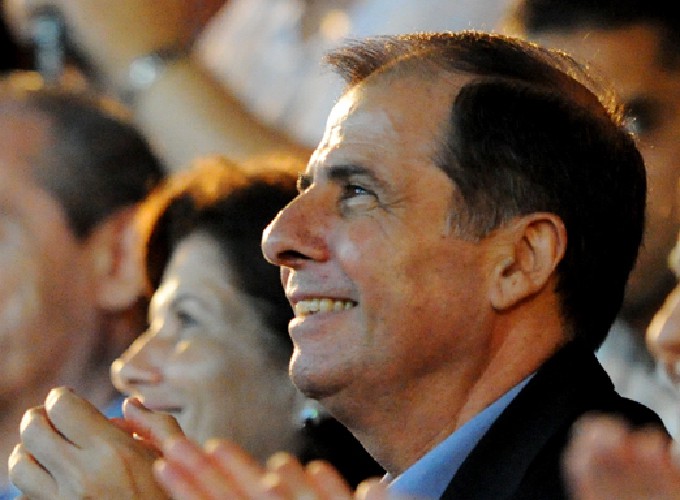Blog post published by presidential-power.com
Maltese presidents are elected and dismissed by the parliament and most of their constitutional prerogatives are subject to the prime minister’s prior approval. However, George Abela, the incumbent president, has maintained a high public profile throughout his time in office due to his repeated calls for constitutional reform.
A former deputy leader of the Labour Party, George Abela was nominated to the presidential office by Prime Minister Lawrence Gonzi of the Nationalist Party, which had won the 2008 general election. George Abela is the first Maltese president who was nominated to this position by the opposing political party and was elected almost unanimously by the parliament as head of state in April 2009.
The circumstances of his election explain why President Abela supports the idea that the choice of presidents must be reached through a wide consensus of all political forces. However, the president has put forward a much more extensive reform of the presidential office in order to strengthen its autonomous role with regard to the parliament and the government (see for example the Republic Day speech delivered by President Abela on 15 December 2013 and the extensive interview he subsequently gave to The Malta Independent).
The reform suggestions put forward by George Abela encompass the procedures for the president’s selection and dismissal and the actual prerogatives of this institution. Apart from underlining the necessity of selecting the president through consensus, George Abela argues that the president’s autonomous role can only be protected if the House of Representatives cannot remove the head of state by simple majority, as the Constitution currently stipulates (art. 48). As far the range of presidential powers is concerned, George Abela has indicated three main changes that would allow the president to act without the prime minister’s advice.
First, the president should be allowed to require the re-examination of parliamentary acts once before signing them into laws and present his own views on the necessary changes. At the moment, the Constitution requires the president to “assent without delay” to the bills presented by the House of Representatives (art. 72).
Second, President Abela argues that the head of state should have a say over the appointments made to constitutional bodies such as the Broadcasting Authority and the Courts, which are currently under the prime minister’s control. The public office-holders’ selection by an institution that is above party politics would prevent their exclusive accountability to politicians.
The third suggestion concerns the president’s ability to address the parliament. President Abela contrasts the personal speech delivered by the head of state on Republic Day with the “Speech from the Throne” read by the president at the inauguration of the legislature, which is written by the government. He recommends that this practice be discontinued so that the president can present the parliament his own view on the matters of the day.
Apart from advocating the need for constitutional reform in public speeches, President Abela has also hosted debates on this theme. In 2011 he set up the “President’s Forum”, an annual meeting where experts meet to discuss topics of national interest under the president’s patronage, and the 2012 and 2013 Forums were explicitly focused on constitutional reform.
President Abela’s term is nearing its end and the parliament is due to elect a new president on 4 April 2014. Although it is not yet known whether the incumbent Labour government will stick to the precedent of nominating a president from the opposition and the major political parties have different views on the actual road to constitutional reform, there now seems to be growing consensus regarding its necessity.


